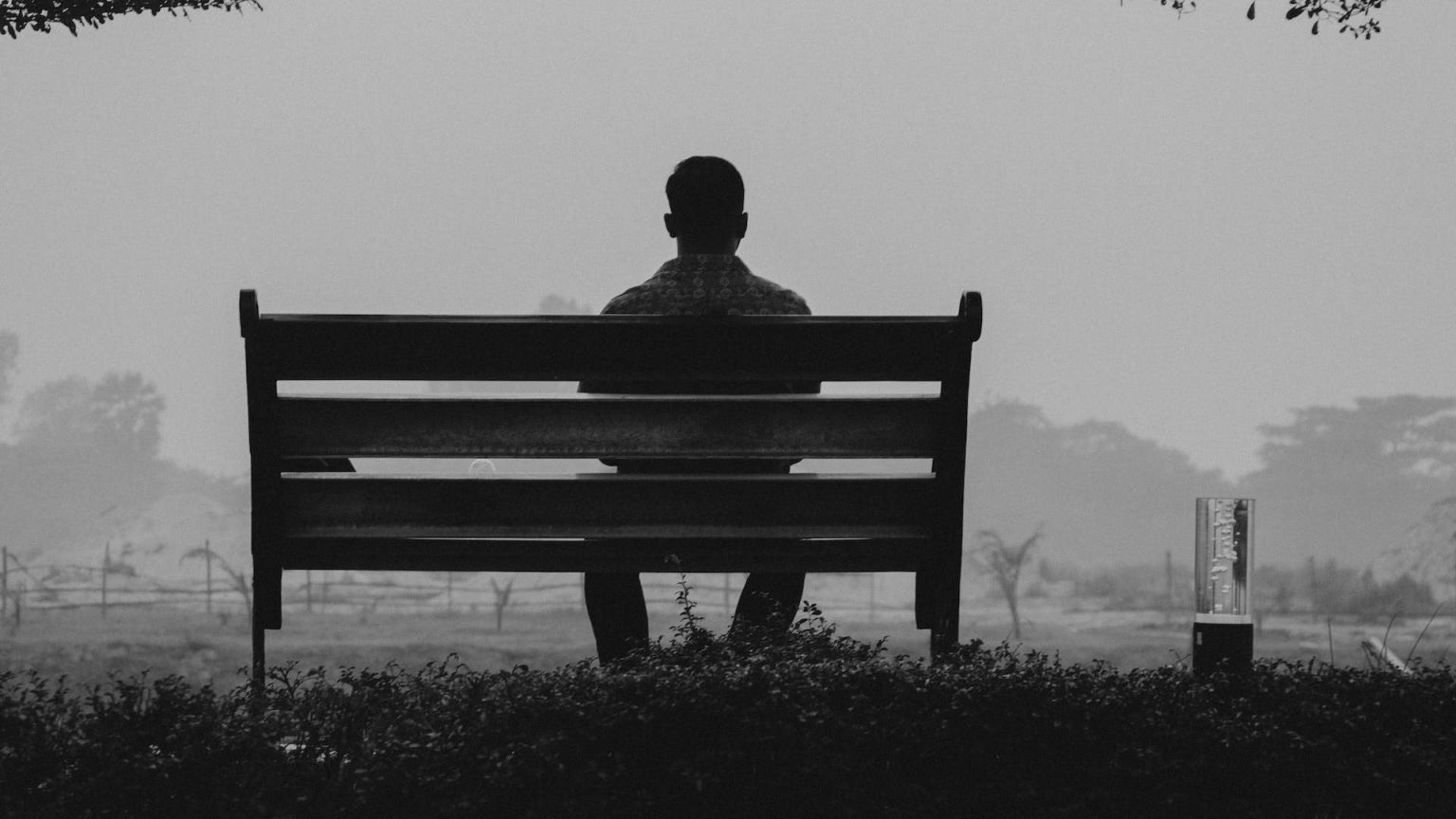A new report by the World Health Organisation (WHO) has found that loneliness affects one in six people worldwide, with young individuals and those in lower-income countries disproportionately impacted.
The report, titled “From Loneliness to Social Connection”, distinguishes between social isolation, reduced interaction with others, and loneliness, described as the distressing feeling arising from a gap between desired and actual social relationships.
“In this age when possibilities to connect are endless, more and more people are finding themselves isolated and lonely,” said WHO Director-General Dr. Tedros Adhanom Ghebreyesus in a statement.
Between 2014 and 2023, approximately 16% of the global population, one in six, reported experiencing loneliness. The figure is even higher in low and middle-income countries, where nearly one in four people (24%) reported feelings of loneliness. Regionally, Africa ranked highest in prevalence at 24%, followed by the Eastern Mediterranean (21%) and Southeast Asia (18%).
While data on social isolation remains limited, the report estimates that up to 25% of older adults experienced reduced social interaction between 1990 and 2022.
Vulnerable and marginalised groups, including LGBTI individuals and migrants, are at greater risk of both loneliness and social isolation, the report notes. Contributing factors include poor health, living alone, limited public infrastructure, and overreliance on digital technology.
The health consequences are serious. The report links loneliness and isolation to increased risk of stroke, heart disease, type 2 diabetes, cognitive decline, and premature death. Those who are lonely are also twice as likely to suffer from depression, anxiety, and suicidal ideation.


